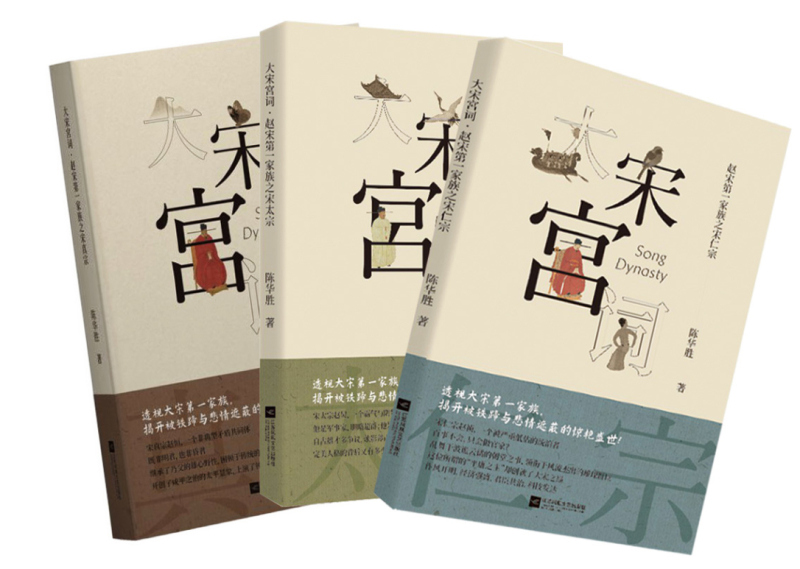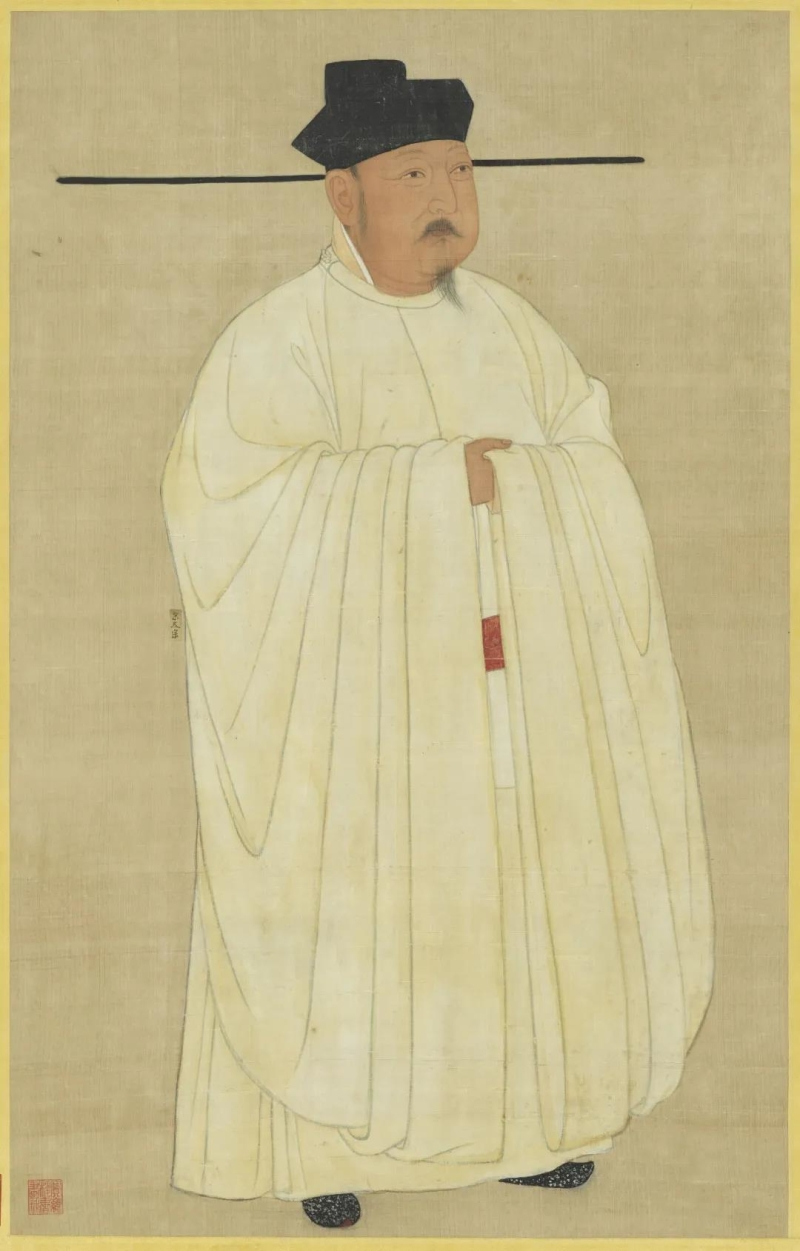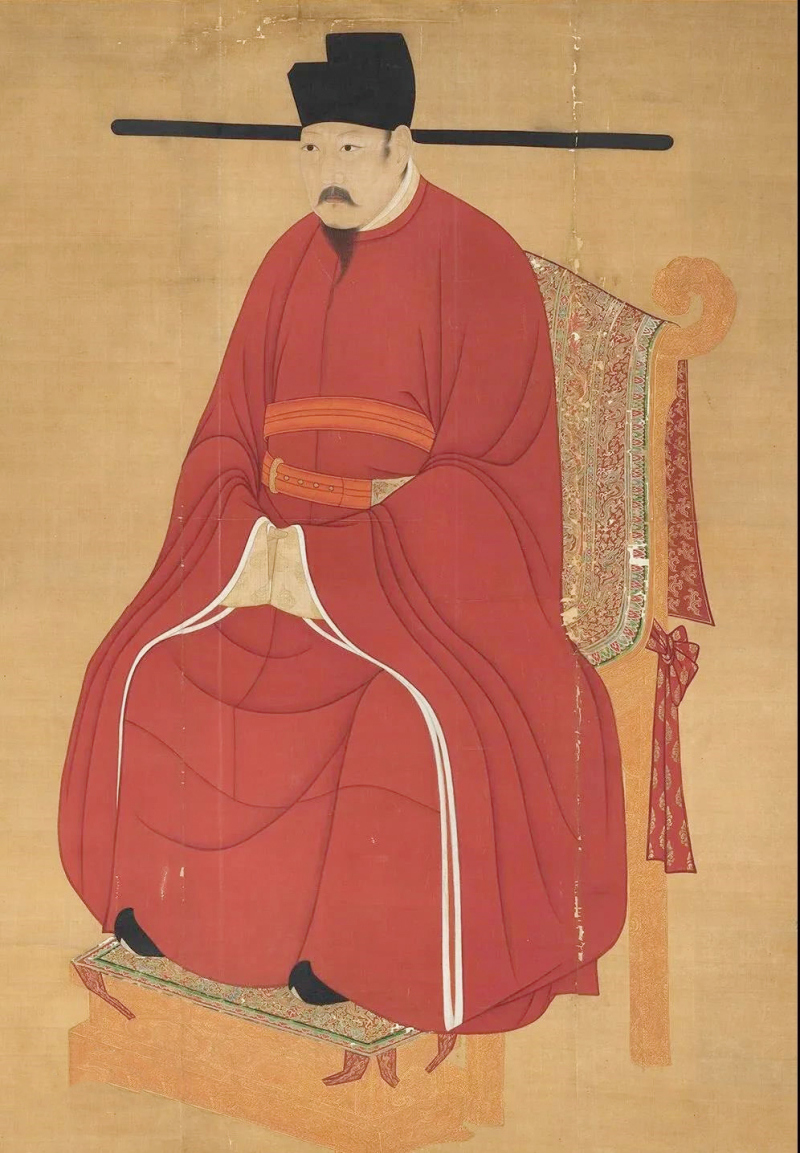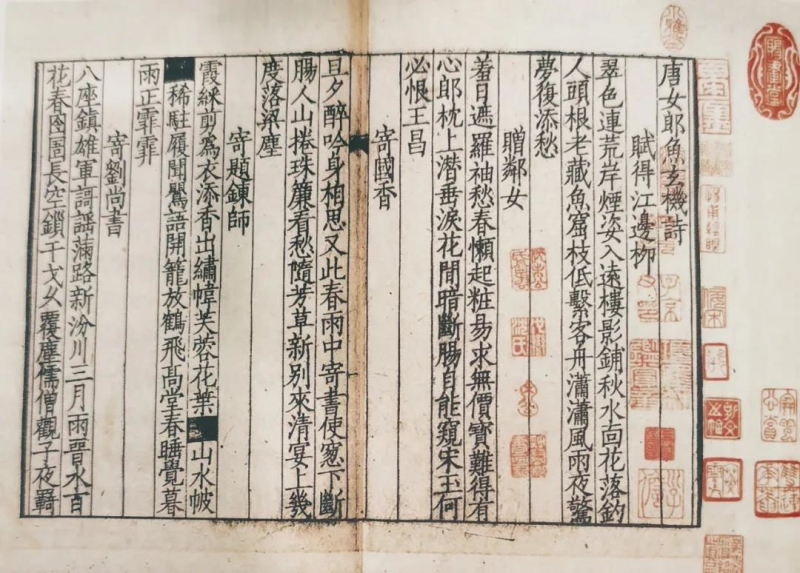Often referred to in combination as "Tang Song", the Tang (618-907) and Song (960-1279) dynasties were the undisputed Golden Ages in ancient Chinese history. They set the standards for China's traditional politics, economy and culture, and have been admired and envied by later generations. However, the perceptions of the Chinese public on the two dynasties are markedly different.
Most, if not all, speak of dreaming to return to Tang dynasty, to have a taste of the cosmopolitan, the open and the magnificent empire. But their attitude, when it comes to the Song dynasty, is quite ambivalent. It is true that the Song dynasty was economically and culturally developed, but in the public minds, it was still not as powerful and majestic as the Tang. It is true that the Song dynasty lasted for 319 years, even 20 years longer than the Tang dynasty, but most of the time, it had to tolerate the humiliations and insults from the Liao (907-1125), the Jin (1115-1234) and the Wester Xia (1038-1227). Not to mention the fact that Emperor Huizong (1082-1135) and Emperor Qinzong (1100-1161) were captured by the Jin troops and died in captivity.
After the imperial court was forced to move to the south, no serious attempt was made reclaim the lost land. Instead, Hangzhou was chosen as the new capital for the newly established Southern Song (1127-1279). Throughout Chinese history, when a dynasty was "cut in two halves", it is often regarded as weak.
The average people all know the infamous traitor Qin Hui (1090-1155) who framed and persecute the patriotic general Yue Fei (1103-1142); the notorious Pan Renmen, a fictional character based on Pan Mei (925-991), who caused the death of the brave generals of the Yang family; and Gao Qiu (?-1126), the villain-in-chief in Outlaws of the Marsh …
But was the Song dynasty really that disappointing?
The reason for such a biased perception is most probably down to the fact that people's knowledge about the Song dynasty largely comes from plays, novels, TV dramas, rather than from the more serious sources such as the History of Song. People all love fictionalized stories and indeed tend to treat them as facts. It won't be a surprise that many wouldn't be able to name any Song emperors, except perhaps its founding emperor Zhao Kuangyin (927-976).

Written by Chen Huasheng, "The Emperors of the Song Dynasty" series was published by the Jiangsu Phoenix Literature and Art Publishing. The series focuses on the family history of the Song emperors and seeks to present a more historically accurate picture of these emperors, introducing the Song dynasty in general in the meantime.
"The Emperors of the Song Dynasty" series by Chen Huasheng comes in very handy. It has vividly presented the true stories of the Song emperors, and, in the process, taken the reader on a journey back to the Song dynasty. Currently in its third installment, the series has so far focused on three emperors, Emperor Taizong (939-997), Emperor Zhenzong (968-1022) and Emperor Renzong (1010-1063), the second to the fourth emperor of the dynasty.
Now a recap of the three emperors' history through some "keywords".

Portrait of Emperor Taizong.
For Zhao Guangyi, Emperor Taizong, the keywords were "sound of axe in dim candlelight" and "Yongxi Northern Campaign". Unlike his Tang counterpart, who killed his brother in broad daylight, Zhao Guangyi is said to have murdered Zhao Kuangyin surreptitiously before ascending the throne. Once on the throne, Taizong worked hard and strived to be "an enlightened ruler". He attempted to take back the Sixteen Prefectures of Yan and Yun during the third year of the Yongxi era of his reign (hence Yongxi Northern Campaign). It not only failed, Taizong himself was shot in the leg by an arrow. But in all fairness to him, it wasn't Taizong’s incompetence; the Song military power had been severely weakened when his brother Taizu founded the Song dynasty.
For Zhao Heng, Emperor Zhenzong, the keywords are "Chanyuan Treaty" and "Heavenly Texts". Zhao Heng was diligent once his reign started, and a series of policies helped the economy prosper and the political system further stabilized. On the other hand, faced with invasion from the Liao on the north, he decided to lead the military personally. When the two sides fought to a standstill and no one seemed to score any decisive victories, they worked out a treaty and signed it at Chanyuan, the first large city across from the Yellow River. For the next 119 years, the Song paid annual tribute of silk and silk in exchange for peace, which undoubtedly contributed to Song's rapid development. Indeed, neither side wanted war, and the treaty helped Song save on hefty military expenses. Moreover, Song's trade surpluses with the Liao would soon earn back its tribute. Nevertheless, the treaty was met with strong opposition back in the Song territory and considered a big humiliation. To save him from criticisms, coupled with economic prosperity, Zhao Heng later resorted to such a ruse as the discovery of the so-called Heavenly Texts and conducted sacrificial ceremonies to glory him and the Zhao family, a costly and unrewarding exercise in the end.

Portrait of Emperor Renzong.
For Zhao Zhen, Emperor Renzong, the keyword was "Renzong", or "Benevolent Ancestor", his posthumous title. He was the first "Renzong" in Chinese history, the highest honor Confucianism could bestow upon a ruler, which showed how much he was loved by scholar-officials then. From the very beginning, Zhao Zhen clearly discerned the harm factionalism could bring to his court and the country at large. Therefore, one of his primary goals was to prevent the formation of any big interest groups. However, he didn't turn to brutal force to achieve it; Zhao Zhen was magnanimous with scholar-officials, for he never ordered any killed even when they spoke out against him or his policies. Indeed, some were promoted because their criticisms. "[He] could do nothing except for being an emperor". Zhao Zhen was thus summed up by the Song people. Isn’t it the highest compliment an emperor could receive?
What did the three emperors have in common? It was "rule by civil means (as opposed to force)", which was the national policy laid out by the founding emperor and had been faithfully observed throughout the Song dynasty. Indeed, after the "Chanyuan Treaty", the Song people had enjoyed peace for a very long time. Social development and economic boom followed, with an increasing number of innovations such as printing and paper currency. It was the best time for Chinese scholars, as myriad of limitations on taking the imperial examinations were abolished and more commoners were allowed, further spurred by the popularization of printing.

A copy of Poetry of Tang Lady Yu Xuanji , printed during the Song dynasty. Collected by National Library of China.
Historians differ in their views when it comes to the Song dynasty. To the Chinese historian Qian Mu (1895-1990), "The Song dynasty was internally afflicted with entrenched problems, and externally weak, and it was never able to shake off the destiny of being a feeble empire." But for the French sinologist Jacques Gernet (1921-2018), "Thirteenth-century China is striking for its modernism … In the spheres of social life, art, amusements, institutions and technology, China was incontestably the most advanced country of the time." Perhaps what we, the general Chinese public, need now is to examine history as it is, use it to strengthen the national character and work tirelessly towards national rejuvenation.
Editor: Li Qiaoqiao





